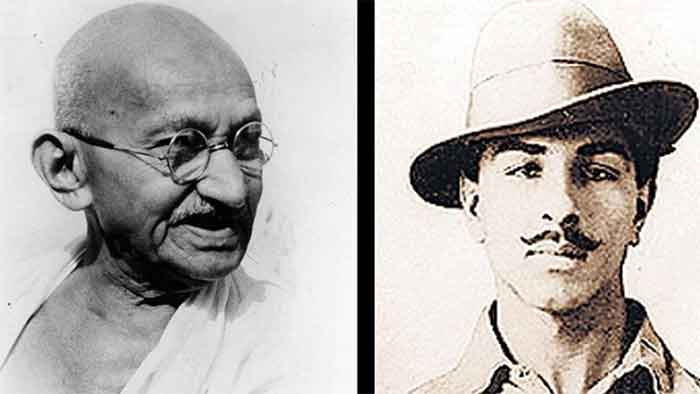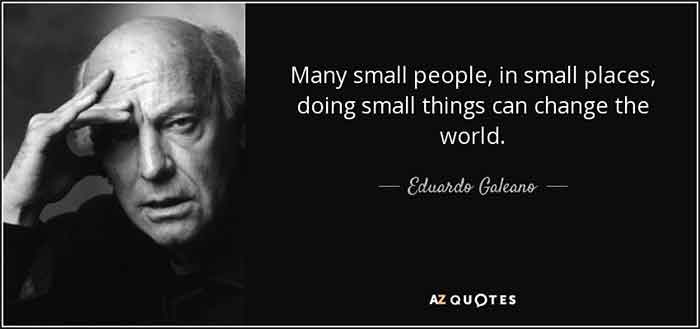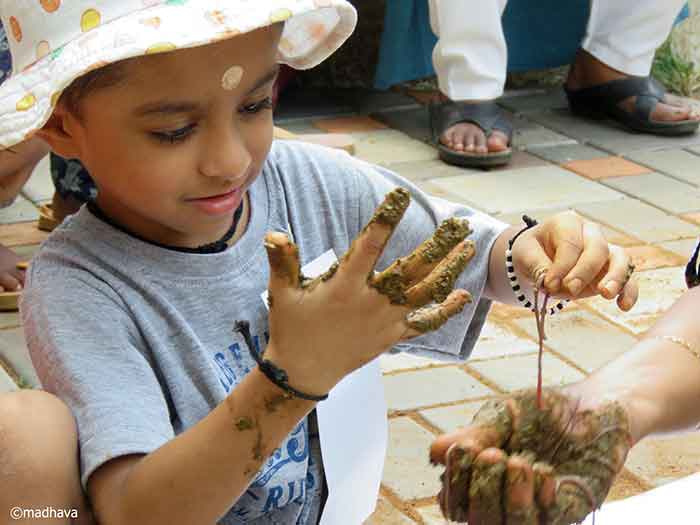
In recent times India has been passing through the most difficult period of its post-independence history. The most sacred constitutional precept of social (including inter-faith) equality and harmony is badly threatened, while economic inequality and the grip of a few top billionaires on economy have been increasing like never before. Destruction of environment and bio-diversity are rampant, and the safeguards to protect environment after years of struggle and effort have been dismantled repeatedly. Resistance and dissent are met by increasing repression as well as in various manipulative devices.
In this situation there is need for increasing unity of all people who believe in equality, justice, unity in diversity, inter-faith harmony and wider peace at all levels, protection of environment and bio-diversity. People have to set aside their smaller differences and agree on broader unity on more basic issues and to protect all from the onslaughts of authoritarianism, crony-capitalism integrated with wider imperialism and neo-colonialism. In other words, all those who believe in justice, equality and protecting environment should be united to protect our country and its people from exploiters, whether they are exploiters from within the country or outside the country, or a collusion of both.
In all times there should be basic unity of all forces of equality, communal harmony, justice and environment protection but in present times of fast increasing difficulties of the country and its people, in times of great disruption of livelihoods and denial of basic health and food needs than before, this need increases all the more. So why the hesitation in achieving more unity and united action?
Some people see a divide among people desiring justice and harmony along the lines of the great struggles led by Gandhiji and Shahid Bhagat Singh during the freedom movement. Both of them, and their close colleagues, were all very great leaders with very inspiring qualities and very memorable contributions. Both were firmly committed to freedom, justice and equality, both were able to very significantly advance this commitment in their own ways. Both were also great social reformers, both fought against colonial rule all their life and yet were great believers in international fraternity. Both were deeply committed to communal harmony.
What, then, were their differences? Most people symbolize Gandhi mainly in terms of peace, which is right. Many people symbolize Bhagat Singh ( and his close colleagues) mainly in terms of violent acts against colonial rule. This is not correct at all. Bhagat Singh clearly said that sometimes in exceptional circumstances a violent act may be justified but the overall and wider commitment is to non-violent struggle. He and his close colleagues asked youth not to resort to guns and bombs but to work among farmers and workers on longer-term basis to resist exploitation and create new systems based on justice and equality. His more senior colleague Ram Prasad Bismil left a similar message to youth in his autobiography.
So actually there is no great divide in the paths of Gandhiji and Bhagat Singh but rather somewhat different paths of reaching similar goals. In the context of Bhagat Singh and colleagues the most central theme is justice and while the value of non-violence is appreciated, justice being more central to their thinking, sometimes violence to achieve justice is also all right for them. But for Gandhiji non-violence is non-negotiable and has to be practiced in all contexts.
Both the great men and their followers are entitled to the rationality of their viewpoints. Let us also not forget that Bhagat Singh became a martyr at the age of only 23 and there was greater realization of value of non-violence in his later years which may have increased further with the passage of time. But the more important point here is that these differences are not so great that there cannot be more unity and united action among those who believe strongly in similar objectives of justice and equality , communal harmony and unity in diversity. It makes much more sense to speak of how these two paths can be mutually supportive and complementary in achieving common objectives of justice , equality, harmony and democracy.
Today as India negotiates exceptionally difficult times the country needs both Gandhi and Bhagat Singh and India needs the unity of their followers and all those who respect them sincerely to create a country based on justice, equality, harmony peace, real democracy and environment protection.
Bharat Dogra is a veteran journalist and author. His recent books include When The Two Streams Met and Man Over Machine.
IF YOU LIKED THE ARTICLE SUPPORT PEOPLE’S JOURNALISM















































